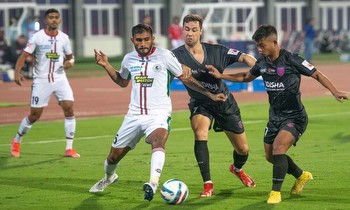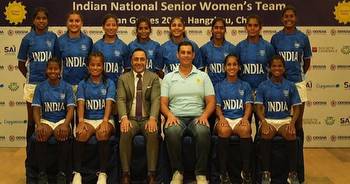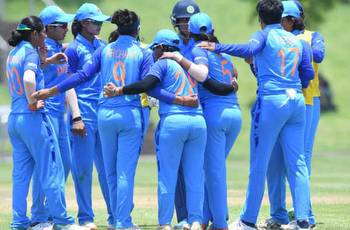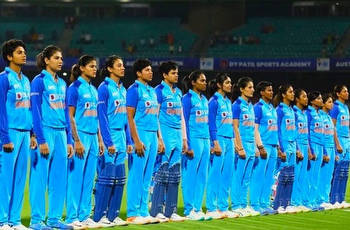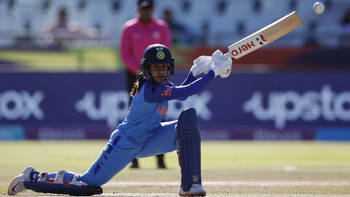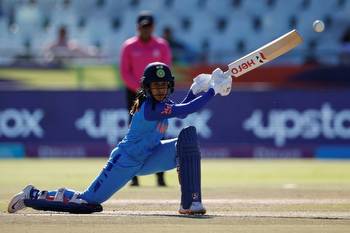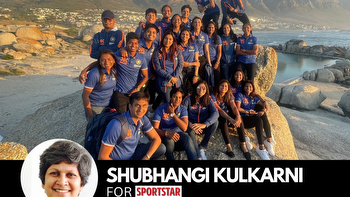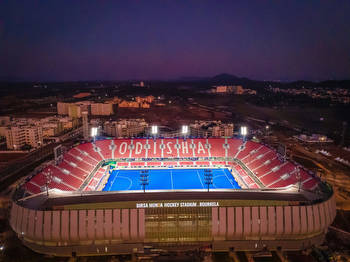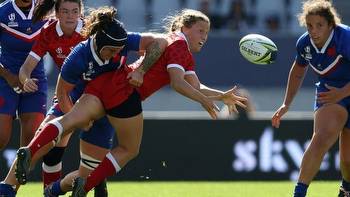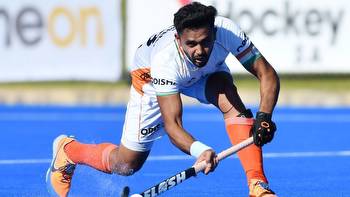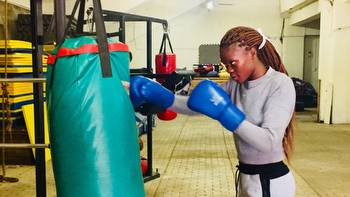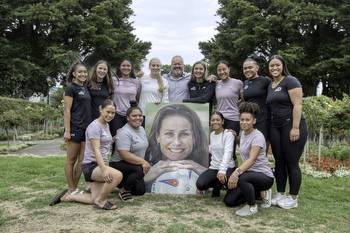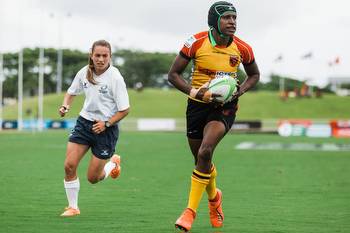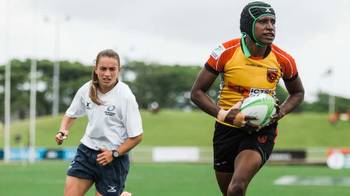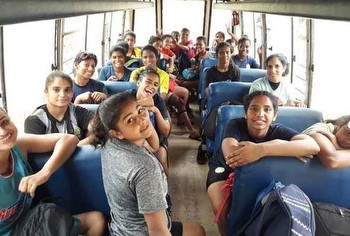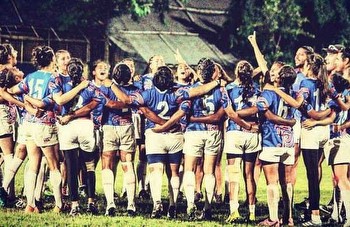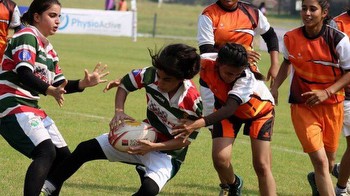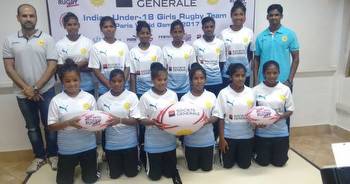Indian rugby takes baby steps towards becoming a pro sport
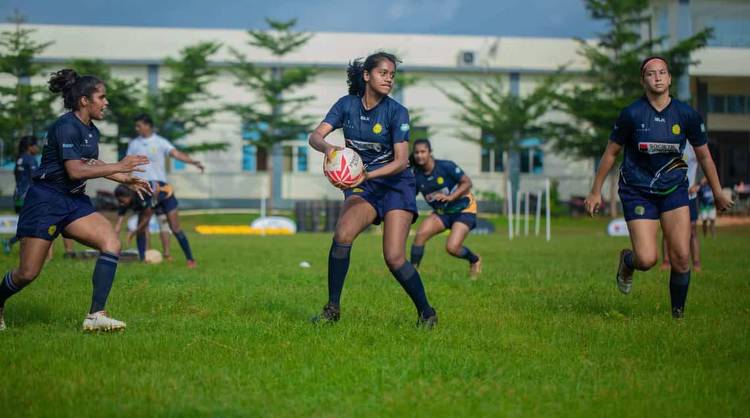
LAST PUBLISHED28.09.2021 | 08:56 PM IST
It is a season of felicitations in Indian sport. The Indian Under-18 women’s rugby team received one as well, at the Lok Seva Bhawan in Bhubaneshwar on Wednesday, 22 September, after they returned with a silver medal from the Asian Rugby Sevens Championships at Tashkent, Uzbekistan. While it was mainly to celebrate the success of the U-18 team, which had been assembled and trained in less than two months, it was also a landmark day for Indian rugby.
“For the first time in Rugby India history, players were paid on a sliding scale,” says Rahul Bose, actor, former India rugby player and currently a member of the Indian Rugby Football Union’s (IRFU) board. The U-18 women’s team, who were called into national camp on 14 August, became the first batch of Indian rugby players to be given professional fees, including a daily stipend and performance bonus.
“Any player who made the final cut went with about ₹40-45,000, which is a decent amount for 40 days,” added Bose. Even as IRFU announced a winners’ bonus of ₹25,000 for the squad, two of their sponsors (Odisha government and BLADE) matched the amount to take their winnings to more than a lakh. “It is a significant step,” says former India captain and Rugby India CEO Nasser Hussain. “The professional fees are not much but it is a step (forward) and we are hoping that we can build upon this.”
In India, rugby is still seen as a colonial hangover. But the sport has steadily moved away from its ‘club sport’ stereotype in the country in the past decade and a half. Rugby Sevens was re-introduced as an Olympic sport in 2009 (Rugby had been an Olympic sport between 1900-1924) and included in the Games in 2016. The ‘Olympic Games’ tag helped the IRFU generate funds, from World Rugby as well as Indian government agencies, and pique interest of the younger population.
Much of India’s rugby talent now comes from non-urban areas: kids from agricultural backgrounds or tribal belts, children of rickshaw drivers and tea-pickers. Some are students, while others keep their homes running on their modest salaries. While all of them are passionate about the sport, few can afford to follow their passion without any tangible rewards. “Over the last 5-7 years, the board has had to make a decision on spending the little money we had towards development or towards our national team,” says Hussain. “Unanimously, it was decided that we would spend it on development because that’s what the need of the hour was. That’s what we have done from 2013 onwards.”
The IRFU, through World Rugby’s global outreach programme ‘Get Into Rugby’, was able to take the game to the masses. At the last count, in 2019, India had reached out, via national, state and district-level camps, to 2,14,053 players and was ranked number 1 in the world in terms of participation. “That’s when we went back to the drawing board and thought it was time that we focus on high performance, while supporting the grassroot level as well,” adds Hussain.
“We had to think about how do we make it more meaningful for our national players, how we could step up from everything we had been doing in the past – starting with better accommodation, better food, better facilities, proper equipment, a good coaching team. Slowly, slowly, we have been putting each piece together.”
The first wake-up call for the board came in 2018, when the Indian Rugby Sevens women’s team had to pull out of the Asian Games. The women were already in camp when they were told that the government would let only teams ranked Top 8 in Asia to travel for the continental event. At the time, the Indian women were ranked No 9.
“The board had received a verbal confirmation that the team would be sent,” says Indian women’s team captain Vahbiz Bharucha. “Since it was such a big event, they had planned a two-month camp ahead of the tournament. Most of us have day jobs, and lots of the team members couldn’t get such a long leave. While some got unpaid leave, some girls quit their jobs to come to camp. And then mid-way we got the heartbreaking news that we wouldn’t be going.”
It brought home the fact that men and women were sacrificing their careers, the safety of a monthly pay cheque and vital family time just to attend a national camp. The one big reward that they hoped for at the end of it all was representing India in a sport. “We thought we really need to do something for these players. The least is that they should not lose money for coming to camp,” says Hussain.
While Odisha has been the Indian rugby’s unofficial home for a few years now, they came on board as the team’s official partners in October 2020. They have promised an investment of ₹3 crore over three years, which is meant for high-performance training for the national teams and their professional fees.
“It’s a huge step for Indian rugby,” says Bharucha, who is a physiotherapist by profession. “In India, we are brought up to think, ‘we are putting in so much effort what are we getting in return?’ Now we can say we are getting rewarded for it. There’s no reason now for parents to say you are getting nothing out of it, so leave it. These girls have taken home more than a lakh for a tournament, which is not a lot when you compare it to other sports, but it’s still a decent amount. It will help these girls gain confidence; help them trust the process.” Bharucha was part of the month-long camp for the Indian U-18 team held at the Kalinga Institute of Industrial technology (KIIT) campus and was stunned at the facilities at their disposal. “We didn’t even have a physio for the entire duration of the camp before this,” she laughs.
But the Under-18 team, which was the first Indian rugby team to assemble after the pandemic, had a coaching staff of ten, with Hendrik (Naas) Botha, Director of Rugby, and Ludwiche Van Deventer, Rugby Sevens head coach, putting them through the grind. The women not only had access to state of the art fitness and recovery facilities but every little detail off the field had also been taken care of. Most importantly for a contact sport like rugby, the players were given health insurance.
“For the final 25, we had Mediclaim for one year and rugby injury insurance for one year whether they are playing for district, state or national team,” says Bose. “We are probably the only Indian federation run by former players. As board members, our duty is to put all these processes in place so the players can solely concentrate on the game.”
The Under-18 team had overwhelming odds stacked against them: they had only had a brief introduction to contact rugby, they had never played together even at a national level, and all of them were making their international debut. They exceeded all expectations to win silver in the five-team event, in Tashkent between 18-19 September, and hopefully begin a fresh new chapter for Indian rugby.
“As athletes we always want to give our everything to the sport,” says Bharucha, who mentored the U-18 team. “But seeing the interest and encouragement from their side (IRFU), we want to give ten times more.”
Deepti Patwardhan is a freelance sportswriter based in Mumbai.

